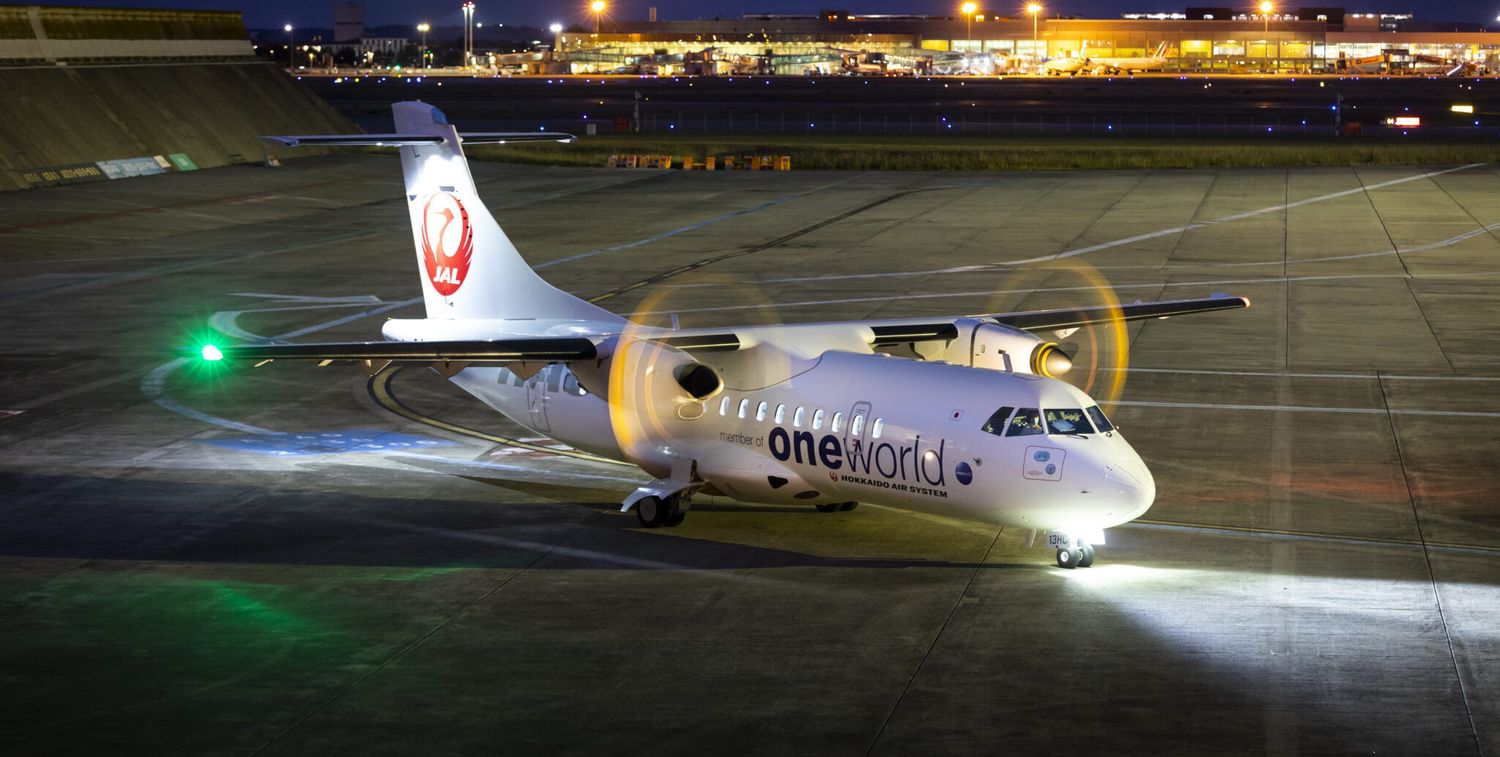The European manufacturer recently announced the departure from its Toulouse plant of the latest ATR 42-600 aircraft for Japan’s Hokkaido Air System (HAC), which used sustainable aviation fuel (SAF) for the first leg of its journey.
SAF is produced from sustainable raw materials and its chemistry is very similar to the fossil fuel currently used on most flights. Some of the materials used for its manufacture are: cooking oil and waste oils from animals or plants, solid waste from homes and businesses (such as wrapping, paper and textiles). Other potential sources are forestry waste.
To mention one example, the British company specializing in fuel production, Air bp, generates sustainable aviation fuel from used cooking oil and animal waste grease.
PBS is one of the great contributions that the industry can currently make to reduce the environmental impact of its operations. In fact, its use reduces the carbon emissions of a flight by around 80% compared to conventional fuel.

According to a statement issued by ATR, the aircraft delivered «is the third ATR 42-600 to be received by the airline since its first delivery in December 2019, and becomes the fourteenth ATR -600 to operate in Japan», while stressing that the model is chosen for its high fuel efficiency, which «spend up to 40% less fuel than a regional aircraft of similar size and therefore emit up to 40% less CO2».
Also, the European regional aircraft manufacturer, owned by Airbus and Leonardo, reported that it is working on a project to fly aircraft entirely powered by sustainable aviation fuels, thus t it plans to conduct tests during the European spring of 2022 and bring it to all its commercial flights by 2025.
ATR is the world’s number one regional aircraft manufacturer. Its ATR 42 and 72 models are the best-selling aircraft in the sub-90-seat market segment. In 2019, the company, which has more than 1,900 employees, had a turnover of $1.6 billion.


Comentarios
Para comentar, debés estar registrado
Por favor, iniciá sesión